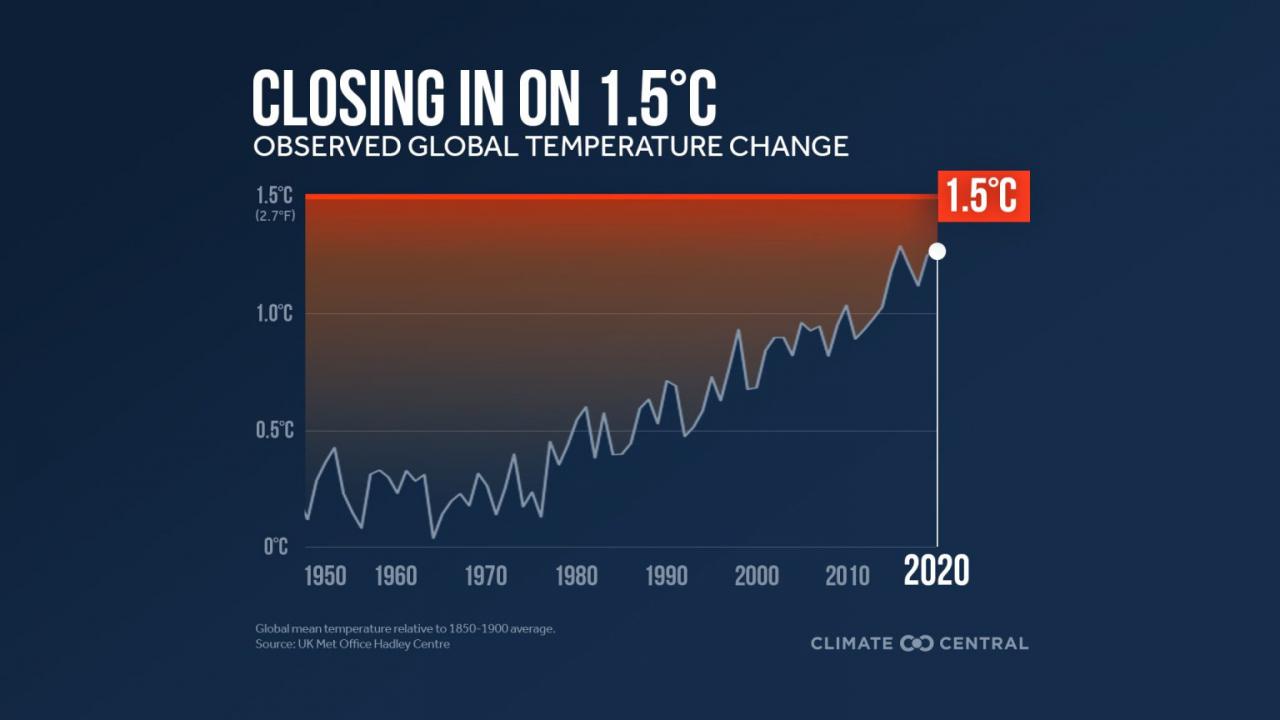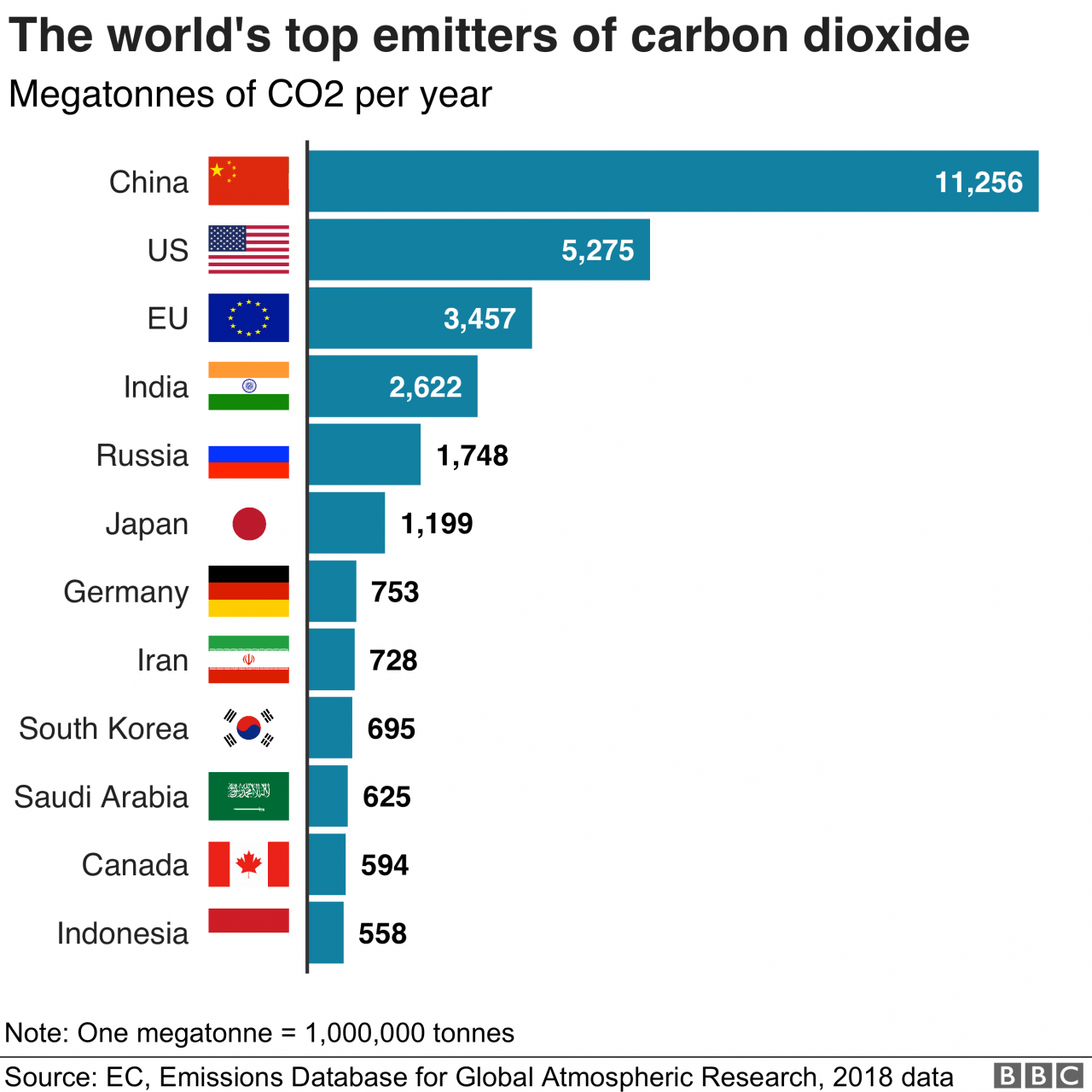
Climate change progress 2024 marks a pivotal moment in the global fight against the climate crisis. This comprehensive report provides an in-depth analysis of the current state of climate change efforts, highlighting milestones achieved, challenges encountered, and areas where further action is crucial.
The report delves into global emissions trends, examining the effectiveness of current mitigation strategies and exploring innovative approaches to reduce greenhouse gas emissions. It also examines the growth of renewable energy sources, discussing the challenges and opportunities in scaling up production and integrating it into the energy grid.
Overview of Climate Change Progress 2024

Climate change efforts in 2024 have witnessed significant progress and challenges. Global greenhouse gas emissions have stabilized, but further reductions are necessary to achieve the goals of the Paris Agreement. Renewable energy sources continue to grow, but their integration into the energy grid poses challenges.
Adaptation and resilience measures are gaining importance as the impacts of climate change become more apparent.
Global Emissions and Mitigation Strategies
- Global greenhouse gas emissions have stabilized but remain at a high level.
- Key sectors contributing to emissions include energy, transportation, and agriculture.
- Current mitigation strategies, such as carbon pricing and renewable energy incentives, have had some success but need to be strengthened.
Renewable Energy Development and Deployment
- Renewable energy sources, such as solar, wind, and hydropower, have experienced significant growth.
- Challenges include intermittency of renewable energy sources and the need for grid upgrades.
- Innovative technologies, such as energy storage and smart grids, are being developed to address these challenges.
Climate Adaptation and Resilience Measures
- Climate adaptation and resilience measures are essential to reduce the impacts of climate change.
- Best practices include assessing climate risks, developing adaptation plans, and implementing measures to reduce vulnerability.
- Examples of adaptation measures include building seawalls, improving water management systems, and developing heat-resistant crops.
International Cooperation and Climate Diplomacy
- International cooperation is crucial in addressing climate change.
- Major climate summits, such as COP27, have resulted in agreements and initiatives to reduce emissions and promote climate action.
- Further collaboration is needed to strengthen international efforts and ensure equitable outcomes.
Public Engagement and Climate Education
- Public engagement and climate education are essential for fostering awareness and action.
- Effective strategies include communicating climate science clearly, promoting behavior change, and mobilizing public support for climate solutions.
- Education programs and public campaigns play a vital role in shaping public understanding and support for climate action.
Economic Implications and Sustainable Development, Climate change progress 2024
- Climate change has significant economic implications, including the costs of adaptation and mitigation.
- The transition to a low-carbon economy presents opportunities for green growth, job creation, and sustainable development.
- Investing in renewable energy, energy efficiency, and sustainable infrastructure can create new industries and boost economic growth.
Ultimate Conclusion

The report concludes by emphasizing the significance of public engagement and climate education in fostering awareness and action. It also analyzes the economic implications of climate change and the transition to a low-carbon economy, highlighting opportunities for green growth and sustainable development.
Answers to Common Questions: Climate Change Progress 2024
What are the major milestones achieved in climate change progress 2024?
Key milestones include increased adoption of renewable energy, enhanced energy efficiency measures, and the establishment of ambitious emissions reduction targets.
What are the key challenges encountered in climate change progress 2024?
Challenges include the continued rise in global emissions, the slow pace of decarbonization in key sectors, and the need for increased financial and technical support for developing countries.
What are the areas where further action is needed in climate change progress 2024?
Further action is required in scaling up renewable energy production, accelerating the transition to electric vehicles, and implementing comprehensive adaptation and resilience measures.






